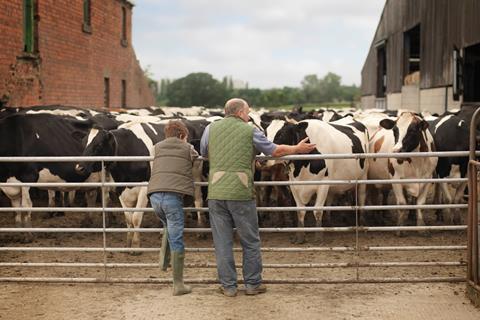
The farming and food sector is facing growing pressures due to shortages of labour, new data from Arla Foods has found.
More than half (56%) of Britain’s dairy farmers surveyed said it was harder than ever to recruit, while 86% of farmers with vacancies said they had few or no applicants with the right skills.
The survey also revealed that on average farmers are paying staff 27% more than they were at the end of 2019, before the pandemic and the end of free movement of people from the EU.
“The pressure this is placing on the cost of food is clear,” said the dairy, pointing to the stat that one in 12 farmers were cutting production in response to these pressures.
Looking forward, 16% of farmers said without changes they will consider leaving farming altogether.
As of December 2023, the total number of dairy cows in the UK stood at 2.65 million head, 10,000 head (-0.4%) less than at the same point in the previous year, according to data from Defra.
“Our farmers have told us for some time that they are facing real challenges with the state of the labour market,” said Bas Padberg, MD of Arla Foods. “This new data bears out their concerns and the potential impact on food prices and food security.”
Across the wider supply chain, the dairy saw the biggest challenges as attracting qualified people with the correct skillsets for the modern manufacturing environment, as well as attracting more women and younger people into the industry as a career choice.
The advancement of technology meant finding workers with expertise and experience of automation was also a growing issue, said Arla.
Read more: As business confidence collapses, what’s worrying farmers the most in new NFU survey?
“If we want our farmers to continue to put food on the table in millions of homes around the country, they need help,” said Padberg. “We’re calling on the government and industry to work together to bring people into our exciting sector, and then to give them the skills and equipment they need to be fully productive.
“What ministers have said already about driving growth and supporting training is positive; we now need to go further and faster,” he added.
The dairy has set out a list of asks for the government, including: reducing administration on farmers by simplifying its own paperwork; helping promote the food and farming sector; supporting skills development and up-to-date portable qualifications; and accelerating investments in technology to underpin automation on farm.
“The challenges in recruiting suitably skilled people into the food supply chain is becoming increasingly harder,” said Fran Ball, VP of production at Arla. “With advancements in technology and automation, we should be getting more efficient, but we still need the right people with the right skills if we want to have a workforce that is fit for the future.”
Arla is also asking government to expedite changes to the Apprenticeship Levy to enable money to be used more easily for upskilling and training. It has also called for reforms to careers advice in schools to encourage pupils to consider working in manufacturing, engineering and food.
Read more: Labour must tackle the root causes of food & drink’s recruitment crisis
“For farmers across the country, this has been a problem for a number of years, and it is getting worse,” said David Christensen, Arla farmer. “We need schools, parents and careers advisors all to recognise the benefits of working in the food and farming sector and to share them with young people.
“Because in the end, it is people who will deliver a thriving food and farming sector that feeds the nation and contributes to the growth of our economy.”







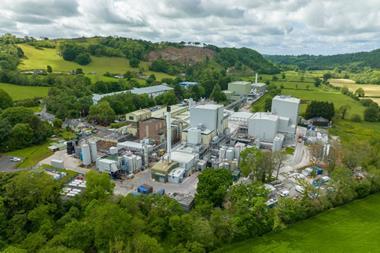

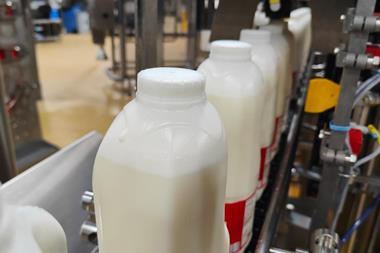
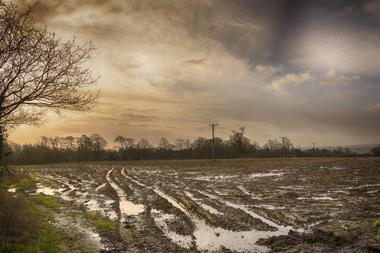


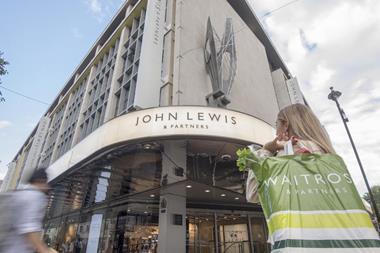
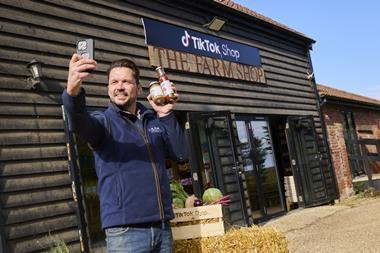


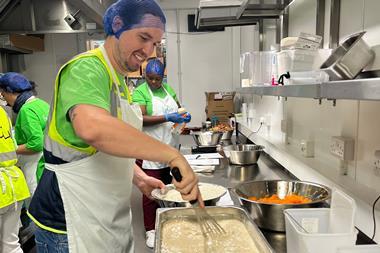

No comments yet